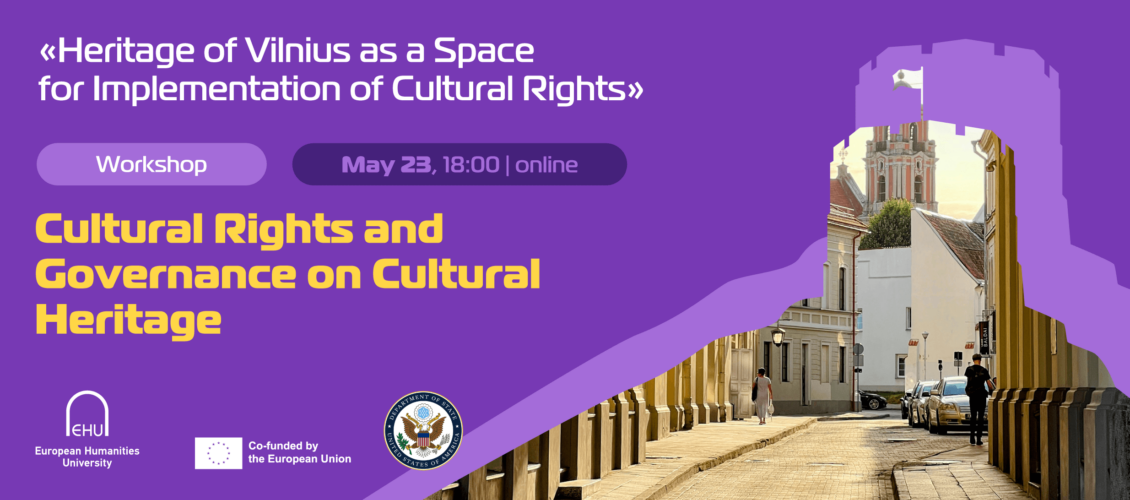Addressing the topic of cultural rights in the context of cultural heritage entails the necessity of discussing a comprehensive array of issues. Cultural rights are human rights aimed at ensuring access to culture and its components under conditions of equality, human dignity, and non-discrimination. Their overarching goal is to guarantee individuals and communities access to culture and the opportunity to participate in it. However, culture and cultural heritage always represent a space of conflicting values, norms, and traditions, with multiple perspectives on the past and future.
In recent decades, we have witnessed a transformation in international legal instruments regarding what types of cultural heritage should be safeguarded and for what reasons. While earlier instruments discussed and aimed to protect cultural heritage that had outstanding value for individual nations or humanity as a whole, newer instruments focus on safeguarding cultural heritage that has special value for individuals and communities. Examples of such instruments include the UNESCO Convention for the Safeguarding of Intangible Cultural Heritage (2003), the UNESCO Convention on the Protection and Promotion of the Diversity of Cultural Expressions (2005), and the Council of Europe Framework Convention on the Value of Cultural Heritage for Society (2005).
However, certain questions remain topical to this day, as they have not been fully answered: how to implement the ideals of these conventions in real conditions, particularly in the post-Soviet and post-socialist countries, which have endured decades of political, social, and economic constraints and are still influenced by this historical period? How to establish “ecological” relationships between cultural groups? How to ensure their right to participate in cultural resource management? How to make cultural heritage sustainable and inclusive? What should the relationship be between rights holders and duty bearers?
Being a university of Belarusian origin and operating in exile, the theme of implementing cultural rights is highly significant for European Humanities University. Therefore, in 2024, the university is conducting a research project, titled “Vilnius Heritage as a Space for the Implementation of Cultural Rights.”
The event will take place online on 23 May, at 18:00 Vilnius time!
The seminar languages are English (the lecture) and Russian.
To participate in the seminar, please fill out this form.
The keynote speaker of the seminar is Dr. Riin Alatalu, historian, Associate Professor at the Estonian Academy of Arts, Vice President of ICOMOS, and vice-chairman of the Estonian Council for Cultural Heritage. Dr. R. Alatalu is an international expert in the implementation of cultural rights in cultural heritage management.
The research “Vilnius Heritage as a Space for the Implementation of Cultural Rights” is part of the project “Human Rights Literacy for the Belarusian Civic Society,” sponsored by the U.S. Government.
